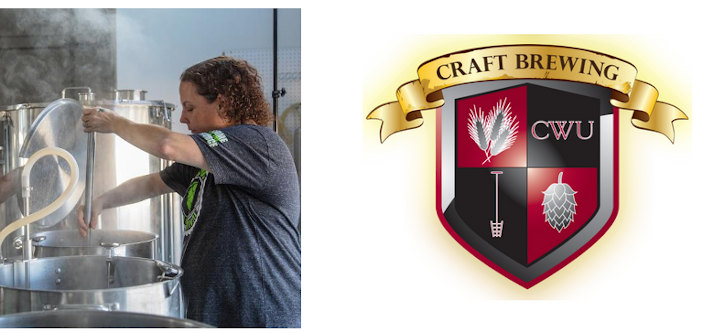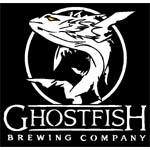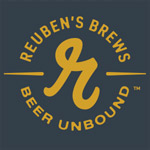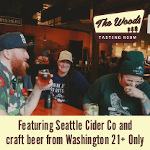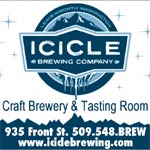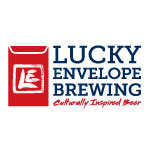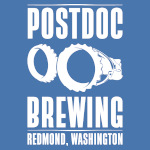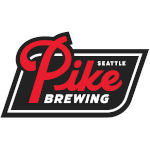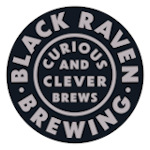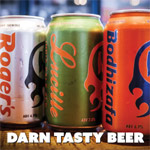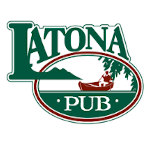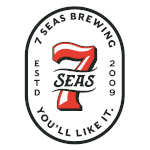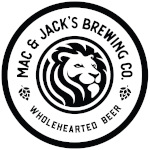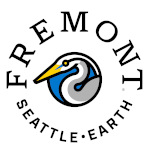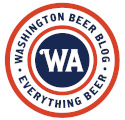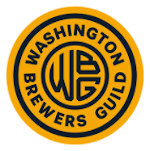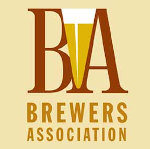The following story was published recently on the Central Washingon University website. The short version, the CWU craft brewing program isn’t going away, as some rumors may have suggested. They were not unsubstantiated rumors; earlier this year the program’s director was told not to recruit any new student.
Good news, though, this month the College of the Sciences gave the program the green light to seek new enrollment for 2021. The reprieve is credited in part to the local brewing industry’s outpouring of support for the only four-year brewing degree on the West Coast. The craft brewing program offers a Bachelor of Science Degree and a Craft Brewing Certificate and reports a 100 percent job placement rate.
Here’s the whole story as it appeared on the CWU website.
Rebuilding CWU Craft Brewing Program Gets a Reprieve for 2021
Central Washington University’s Craft Brewing program has a new lease on life this fall after rumors surfaced that it may be going away.
Director Eric Graham and his team were told earlier this year not to recruit new students for the popular CWU program, which offers the only four-year craft-brewing degree on the West Coast.
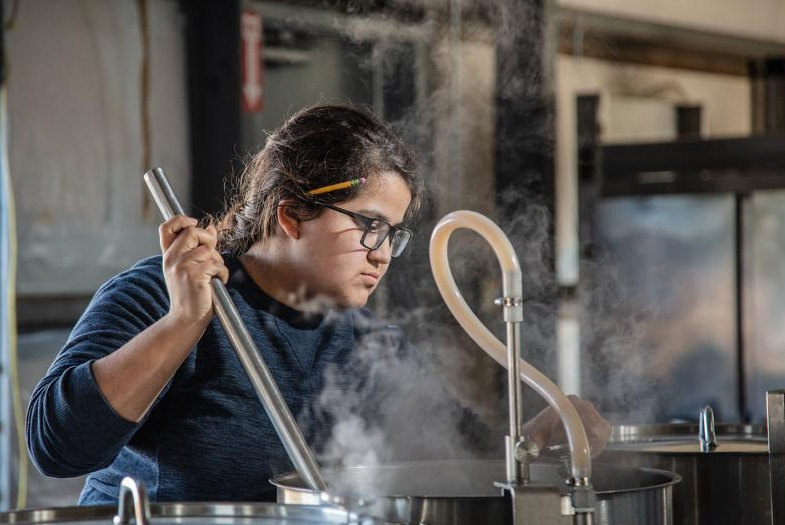
But all of those fears faded this month when the College of the Sciences gave Craft Brewing the green light to seek new enrollment for 2021. One of the reasons for the reprieve, Graham said, was an enormous show of support from the Northwest craft brewing industry — specifically from Central Washington.
“We are loved in the industry, and there was just a huge outpouring of letters saying, ‘you can’t do this,’” he said. “The main reason is that the hops and beer companies keep asking us for graduates and we can’t fill the jobs as fast as they’re occurring.”
Graham and his fellow lecturers like to say the program has a “greater than 100% placement rate” because they can barely keep up with the recent surge in hops research and craft brewing jobs around the region.
As it turns out, CWU Craft Brewing (CRBW) has become essential to the success of companies large and small, from international hops suppliers like John I. Haas Inc. and Hopsteiner to growing regional breweries such as Bale Breaker, Dru Bru, and Ellensburg’s own Iron Horse.
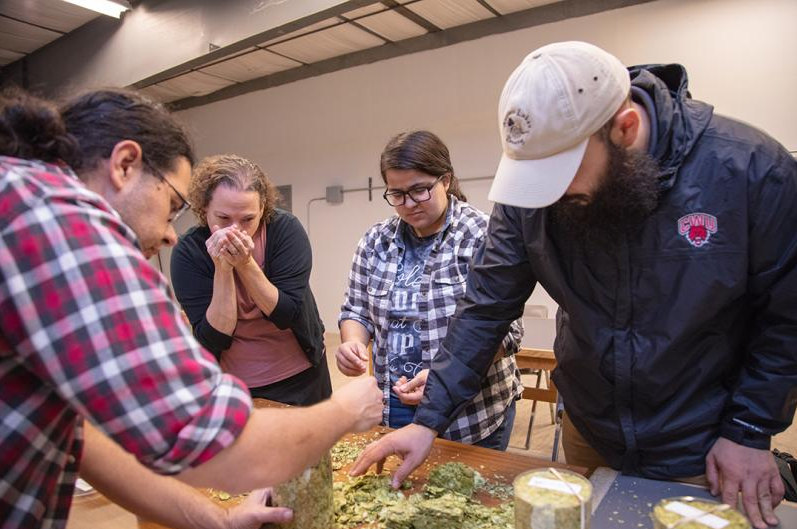
“The letters we got were really meaningful,” said Eric Foss, a yeast specialist and former CWU microbiology instructor who started teaching in Craft Brewing full-time last year. “There are a lot of people who have seen the impact our program has had, and they wanted to show their support for their employees and for us.”
Hops research scientist Cole Provence is the program’s other full-time lecturer. Wayne Quirk and Graham cross over with the Biological Sciences department, while associate professor Roger Beardsley splits time with Mechanical Engineering Technology.
Since the four-year degree was introduced in 2016, CRBW — which started as a two-year certificate program in 2009 — has trained dozens of qualified professionals, including three hops research scientists who were recently hired at Haas Inc. in Yakima.
A current student has a job waiting for him at Bale Breaker, near Yakima, as soon as he completes his degree, while two recent CWU graduates have also landed there.
“It’s amazing the number of students who have done an internship and are offered a job right away,” Provence said. “A big reason they are getting jobs is we give them the opportunity to work alongside brewers prior to graduation.”
One small business that recently partnered with the program is Wandering Hop Brewery in Yakima. Because CRBW doesn’t have a designated instruction facility, they loaned some equipment to Wandering Hop in exchange for allowing their students to train on-site. Graham said CRBW is formalizing a memorandum of understanding with the owners this fall.
“We know that having research space in an actual brewery is the best way for our students to gain the experience they need,” Graham said.
“When they work as interns, they can see what opportunities exist and test them out before deciding where they want to work,” Provence added.
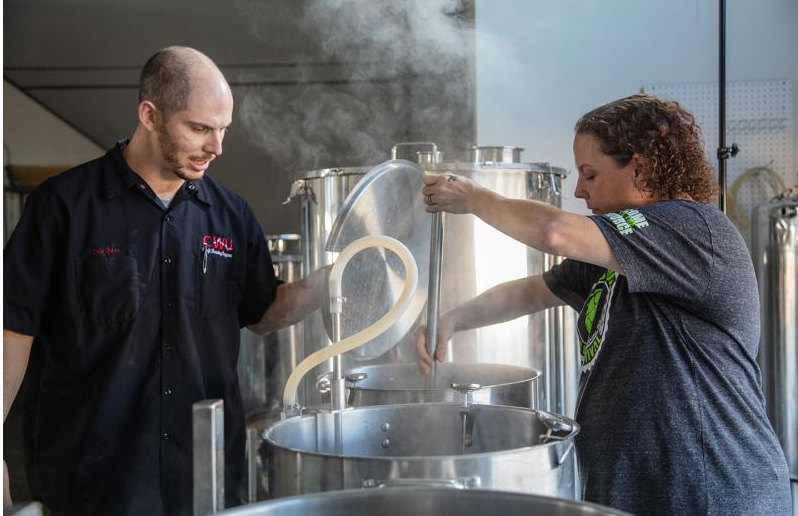
Industry Connections
One major selling point for the program over the past five years has been the faculty’s connections in the Northwest beer and hops industries. That professional network has helped countless CWU graduates kickstart their careers. Now, those alumni are doing their part to pay the program back.
“We have a lot of people out there who are actively recruiting students for us,” said Provence, who worked for one of the largest hops suppliers in the U.S. — a company now called Yakima Chief Hops — before joining CWU in 2016.
“We send our students to trade shows and conferences around the Northwest so the brewers can meet them while they are still in school. That way, the brewers get to know their knowledge base and can start actively recruiting them.”
Foss said three Central Washington breweries are currently eyeing CRBW students and may be looking to hire them as soon as they’ve completed the program.
“They’ll be ready in the spring,” he said. “But that’s what we mean when we talk about more than 100% placement. There are more jobs than we have people to fill them.”
Preparing students and placing them in careers has become a hallmark for the Craft Brewing program. But another key accomplishment that often gets overlooked is CRBW’s success in adding diversity to the industry’s candidate pool.
Brewery jobs traditionally are held by white men, but CRBW has found a way to introduce more women and people of color to the world of craft brewing. Provence said CRBW has been attracting people who didn’t know craft brewing was for them and then getting them hired into jobs that are historically underrepresented.
“One of the strengths of our program is that more than 25% of our students are women or minorities,” he said. “We have really changed the industry, especially in Washington.”
One recent graduate, Cheyenne Weishaar, is the lead brewer and production manager for Dru Bru in Snoqualmie, while the three aforementioned hops research scientists — Darby Wedekind, Sydney Masovero, and Hannah Eyerly — have caught on with Haas, the leading hops supplier in North America.
Some other notable CWU alums who have made a name for themselves in the industry include Rachel Nalley, head brewer at TT’s Old Iron Brewery in Spokane; Jeff Backman, head brewer at the RAM Restaurant in Lakewood; Jon Boerner, head brewer at Laurelwood Brewing in Portland; and Jeff Barnes, assistant research brewer at Haas. Two alums doing well out of state are Chris Marchio, owner of Knotted Root Brewing Co. in Colorado; and James Hendershot, general manager of Dancing Penguin Craft Beer in Fukuoka, Japan.
“The university should really celebrate the impact we’ve had on the local brewing industry,” Provence said.
CWU Craft Brewing focuses on all elements of beer making, from the malt and hops to the finished product.
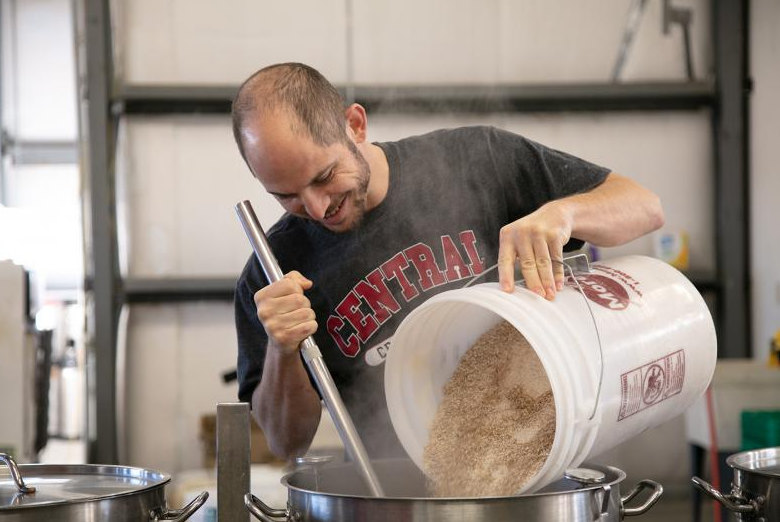
Broadening Their Reach
CWU Craft Brewing has always attracted plenty of niche interest around the Northwest, but starting in the spring of 2021, the program is going to begin recruiting students from broader backgrounds.
Because CRBW is housed in the College of the Sciences, the program has always relied heavily on brewing science and leaned less on the popular culture and economic sides. But when the faculty started looking at ways to improve the program this summer, they decided that they would need to build more general interest to entice more current and incoming students who might consider craft brewing as a career path.
“The program was designed only for majors, which meant you had to be a craft-brewing major to take our classes,” Graham said. “So, we tried to model ourselves after other programs, like Wine Studies, so we can allow more people in. By re-tooling our curriculum, we hope to become more popular for people who may not have thought about craft brewing as a career.”
Some of the upper-level science classes (i.e., physics) will be eschewed in favor of more business and marketing requirements. A number of general-education courses, such as “Beers of the World,” are also expected next year. Biology, chemistry, and math courses will remain in the four-year degree program, but, going forward, they won’t be required for everyone.
“Those core classes will still be part of our bachelor’s degree program, but we’re trying to remove some barriers for others who might be interested,” Graham said.
Foss believes the cross-over appeal for CRBW could potentially be very high — not just with craft-brewing enthusiasts but with scientists across the spectrum.
“We are an interdisciplinary science, and we see ourselves at the center of what a lot of departments and programs are doing,” he said. “We want to be strong in chemical and biological science, but we also want to bring in anthropologists and business majors. We want our students to understand the history of fermentation and alcohol consumption. We want them to understand not just how to brew beer, but why we do it.”
CRBW has always focused on every element of beer-making — from the yeast (biology), to the hops (chemistry and agricultural science), to the malt (agriculture) — along with the historical and cultural aspects of beer. Now, the program will be delving even further into what makes the craft brewing and hops research professions so interesting — and so vital.
“We do a lot more here than just brew IPAs,” Foss said. “One of our strong points is that we introduce our students to all of the core brewing concepts. But we’re also putting scientists in a position to grow and breed new hops. We feel like we can offer something for everyone.”

